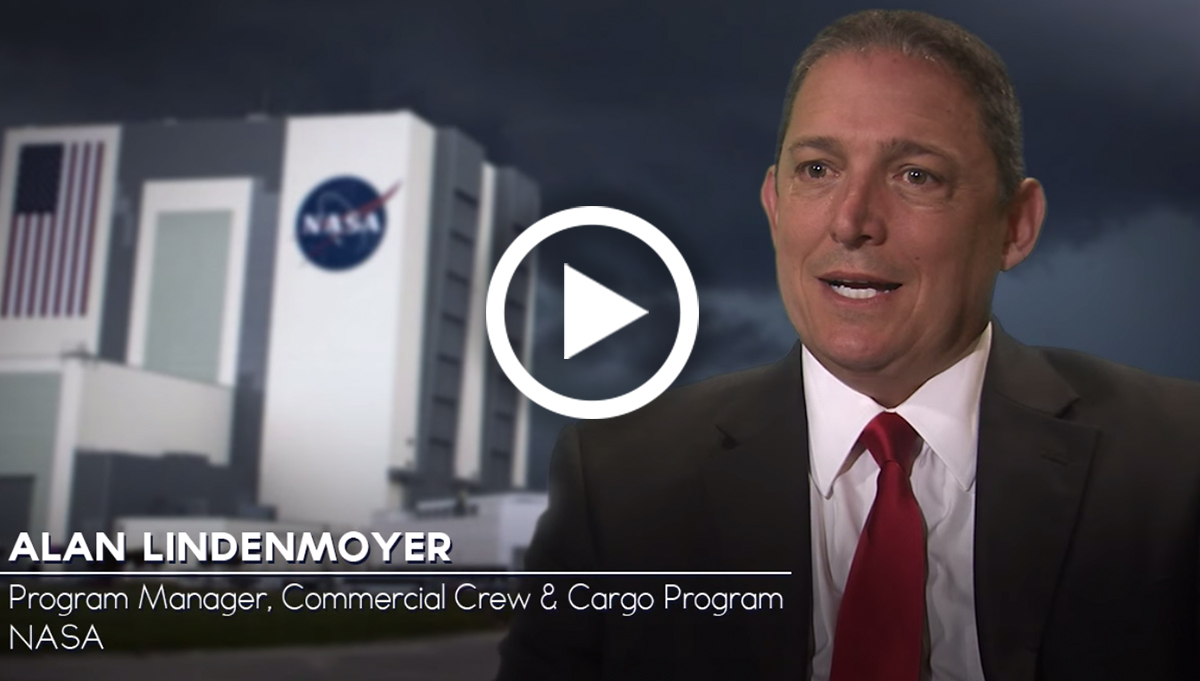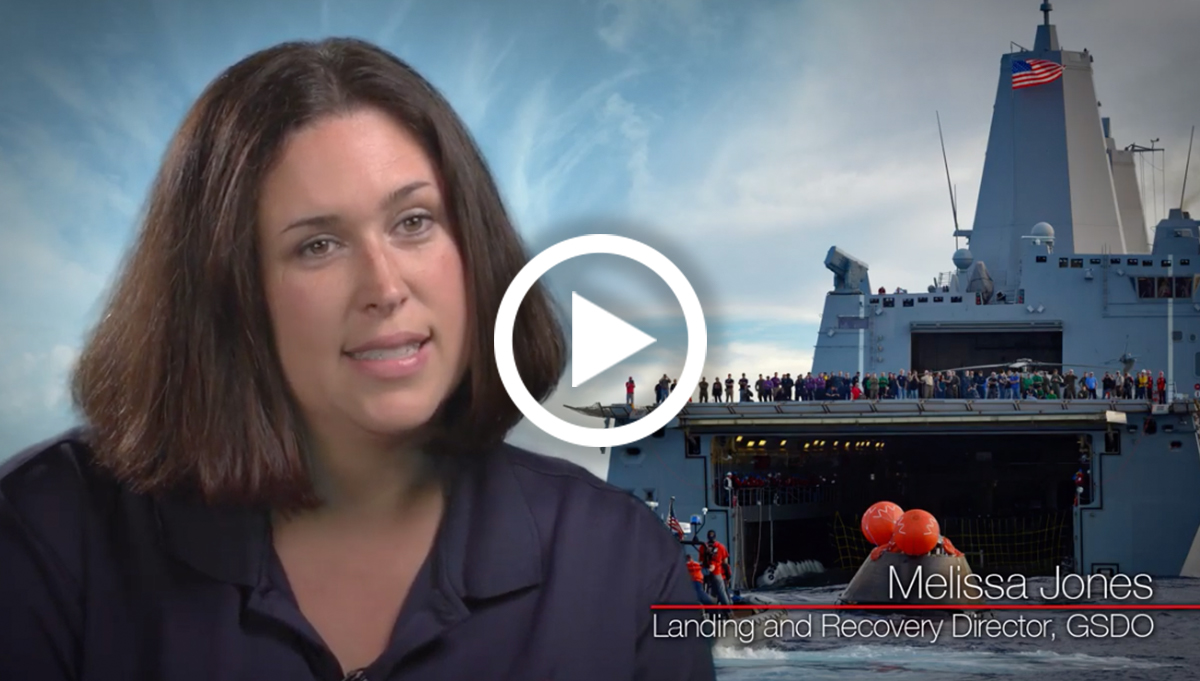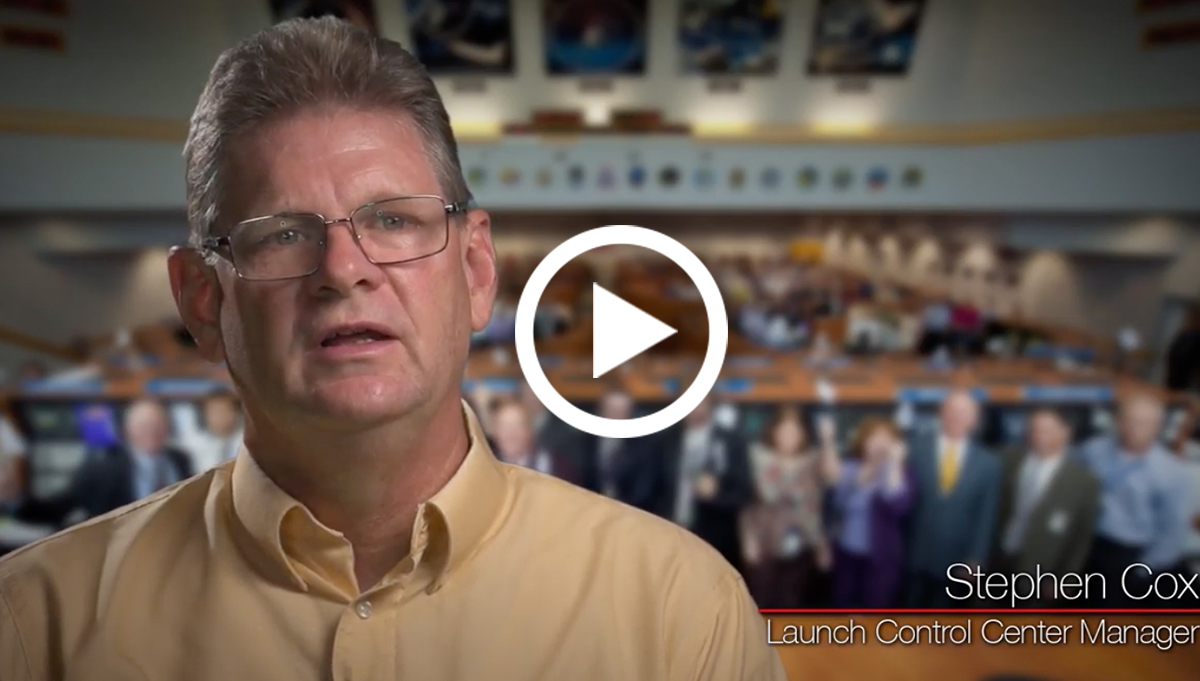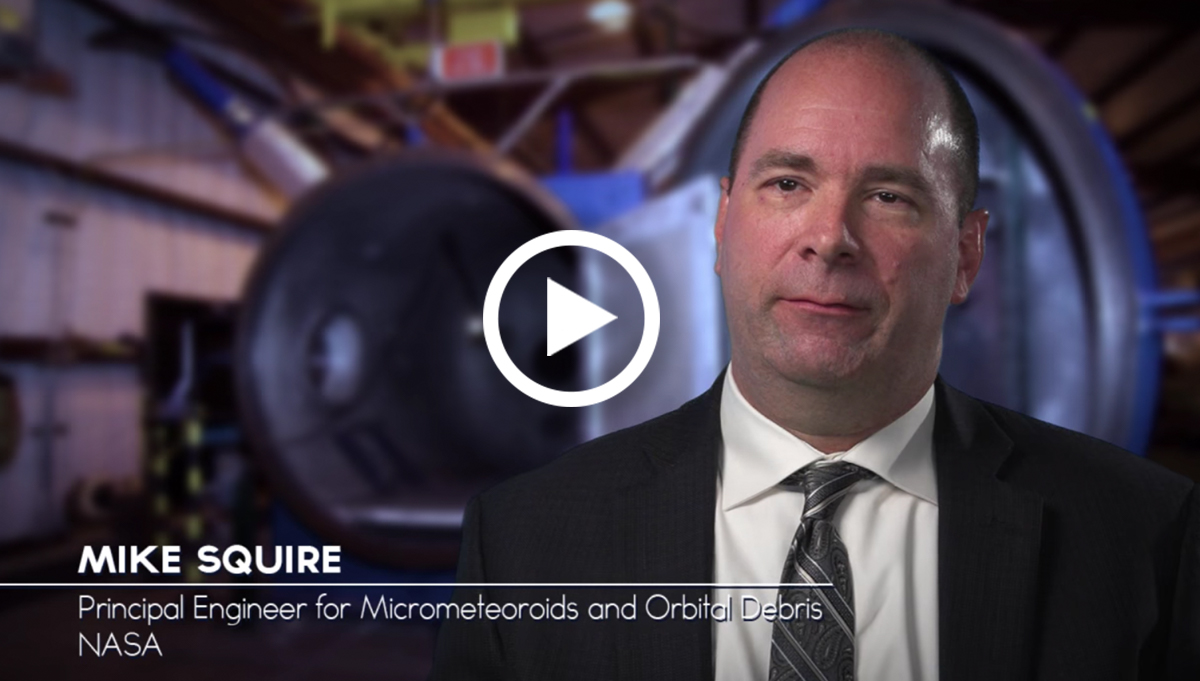Some principles learned from human spaceflight can be transportable to help people in extreme remote situations on Earth.
Albert Holland worked within the Medical Operations Branch at Johnson Space Center during the Space Station Program. In the video clip, Holland talks about important psychological principles that are important for the well-being of people in extreme remote environments. Some of these understood principles from working with human space exploration were used for helping the 33 trapped Chilean miners in 2010.
Video key learning points:
-
- 1.
Principles for promoting well-being and health in spaceflight would be transportable to the trapped miners.
- 2.
It is helpful to provide remote, extreme-environment missions with organization and a hierarchical structure. People want to be organized.
- 3.
The marking of time is important so that people know the cycles of the day and can create an organized schedule. In environments like a mine or space travel with no sun exposure there is no reference of time.
- 4.
Another suggestion was to build a community with the miners that mirrored the community above ground. A sense of community and connectedness was very important for the health of the miners, as it is for astronauts undergoing deep space travel. Making sure to celebrate regular holidays helps to maintain the feeling of connectedness. Various methods will be used to keep astronauts on long voyages connected to their families.
- 5.
It is important to give people on long space travel missions the sense of distance in their travel so they can mark time.
- 1.
Related Resources









